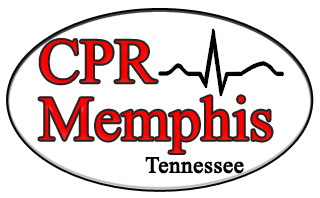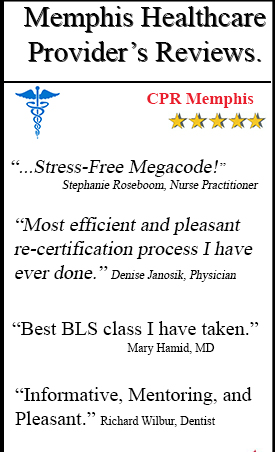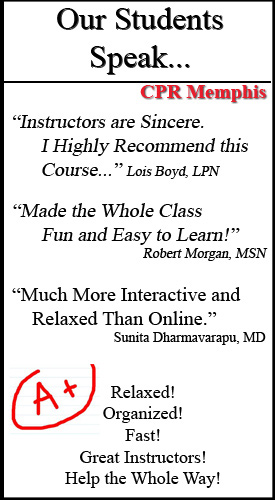The heart is one of the main organs in your body that you want to keep healthy and strong. The heart pumps your blood to the necessary organs to keep you alive and moving. Anything that goes wrong with your heart is a horrible situation, especially if it is a family member. Atrial Fibrillation most commonly called atrial flutter or arrhythmia is when your heart beats irregularly and not enough blood flows throughout the body which can lead to strokes and other heart-related conditions. It affects 2.7 million Americans. The heart can beat too fast, too slow in a rapid way. Normally, your heart contracts and then relaxes after each regular heartbeat. In Atrial Fibrillation, the disorganized electrical signals cause the heart’s two upper chambers – the atria – to fibrillate. This is causing the two lower chambers (the ventricles) to beat irregularly out of sync with the atria and not work properly as they should. Some of the symptoms include shortness of breath, weakness, confusion, chest pain, lightheadedness, extreme fatigue, and palpitations, which are sensations of uncomfortable irregular heartbeat or fluttering in the chest. It is important to contact your doctor if any of these symptoms occur.
This is most common in people younger than 65 and mostly men. People with Atrial Fibrillation have 5 times more risk factors to have a stroke. The heart is not pumping like it should and blood can pool and may form a clot. The likely factors that can cause Atrial Fibrillation are obesity, lung disease, previous heart surgery, sleep apnea, high blood pressure, and drinking too much.
When confirmed by a doctor that you do have Afib, there are a few tests to see what exactly is going on in your heart. One of the tests is an Electrocardiogram (ECG) in this nonprocedural test, nurses place patches with wires that are attached to your skin to measure electrical impulses taken from your heart. The impulses are recorded in waves displayed on paper or monitors. The next test would be Electrophysiology (EP) this test could help doctors see if there are any problems with your heart’s rhythm and find a way to fix it. Another test is the Electrocardiogram (EKG) this is a simple test that records the heart’s electrical activity. It can be performed in the doctor’s office or you can wear a device that can record your heart’s activity continuously for 24 hrs or more. This can show how stressful a patient’s lifestyle can be. These tests can alternate if a patient needs surgical or non-surgical procedures or just medication to help with the fluttering heart.
Medication is the most helpful form of treatment but can be dangerous because some people may think they are getting better and stop taking the medication due to side effects. Several medications that thin the blood are prescribed to prevent and treat blood clots. Additional drugs can be prescribed to control and monitor the heart rate and rhythm in AFib patients. Beta Blockers are used to slow the heart rate and control the rhythm. Non-surgical procedures are the other option for Atrial Fibrillation. Radiofrequency ablation or catheter ablation are the main non-surgical procedures. Ablation is used if long-term medicine is not effective. Before ablation surgery, electrical mapping is placed. The map shows where the interference is blocking the proper rhythm. In the procedure, the catheter (thin, flexible tube) is placed into the patient’s blood vessels and carefully guided to the heart. The physician carefully destroys the bad tissue using the catheter to laser the scar at the problematic areas. This normally will stop any abnormal heartbeats. If this procedure doesn’t work, surgery would be the last resort. One of the surgeries is the pacemaker which is a small electronic device that is implanted in the body under the skin near the collarbone with wires that go around the heart. This keeps the heart in a steady rhythm if the heart skips, the pacemaker will regulate it back to normal. The other surgical procedure is the maze procedure which is a complex procedure where surgeons make small cuts on the upper part of the heart and then stitch it back together which creates scar tissue. The scars themselves repair the heart to normal heart rhythm.
To prevent a spell of Atrial Fibrillation, don’t drink too much caffeine or alcohol, don’t smoke, and maintain a healthy weight. Any complications with the heart are nothing to play with.
http://www.mayoclinic.org/diseases-conditions/atrial-fibrillation/basics/definition/CON-20027014





